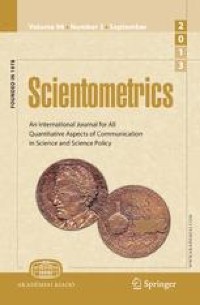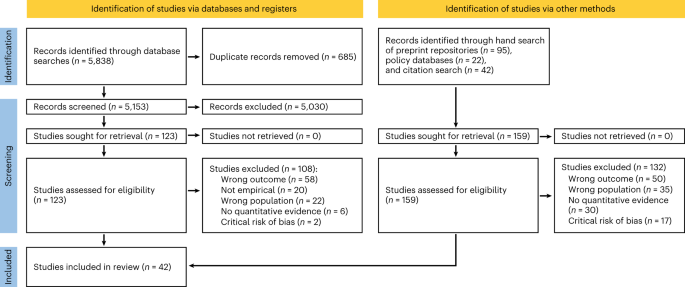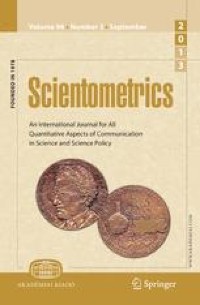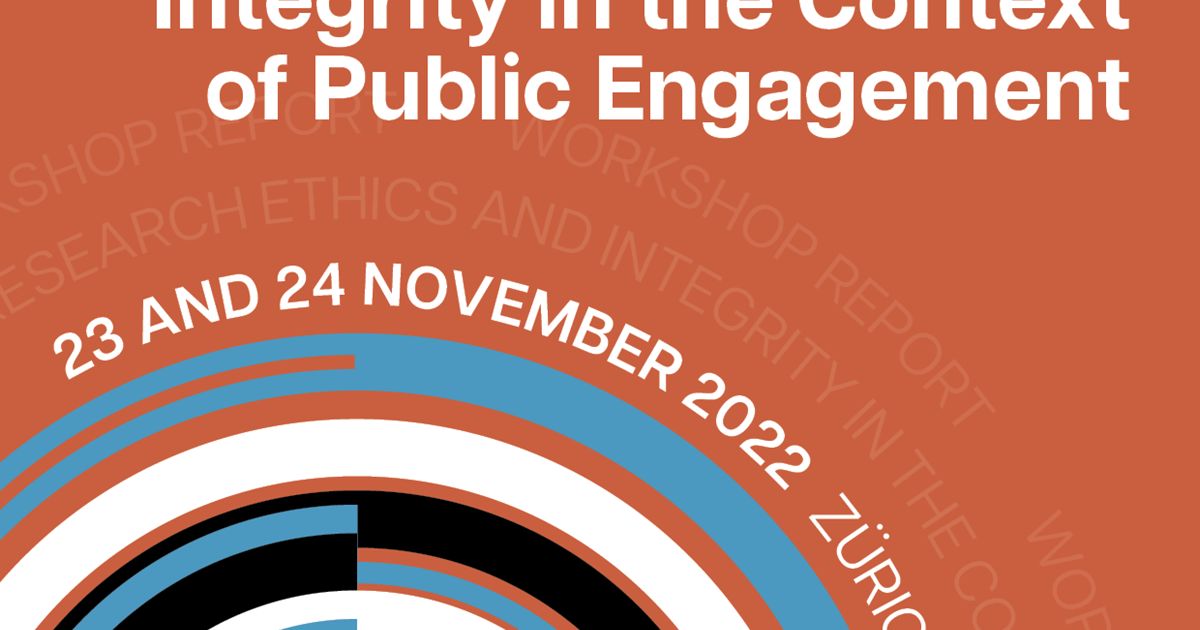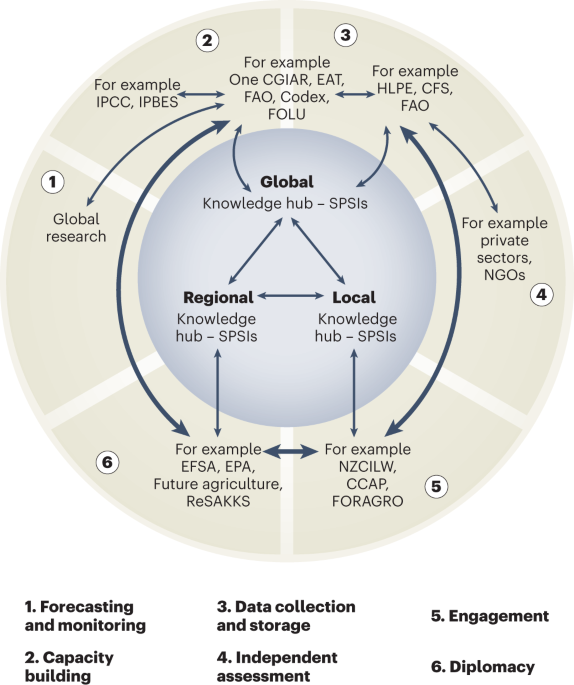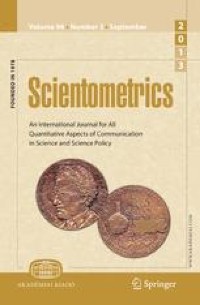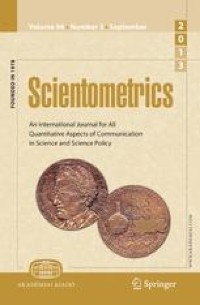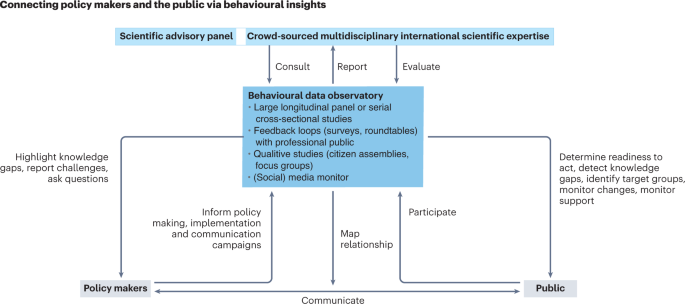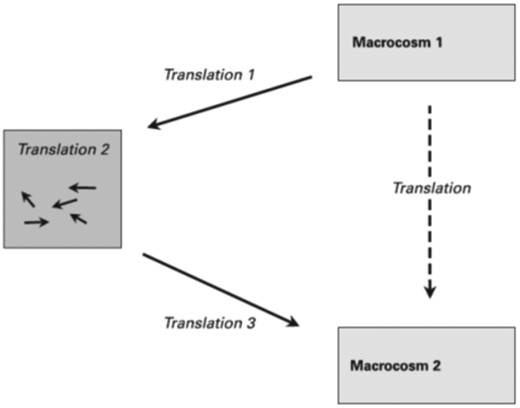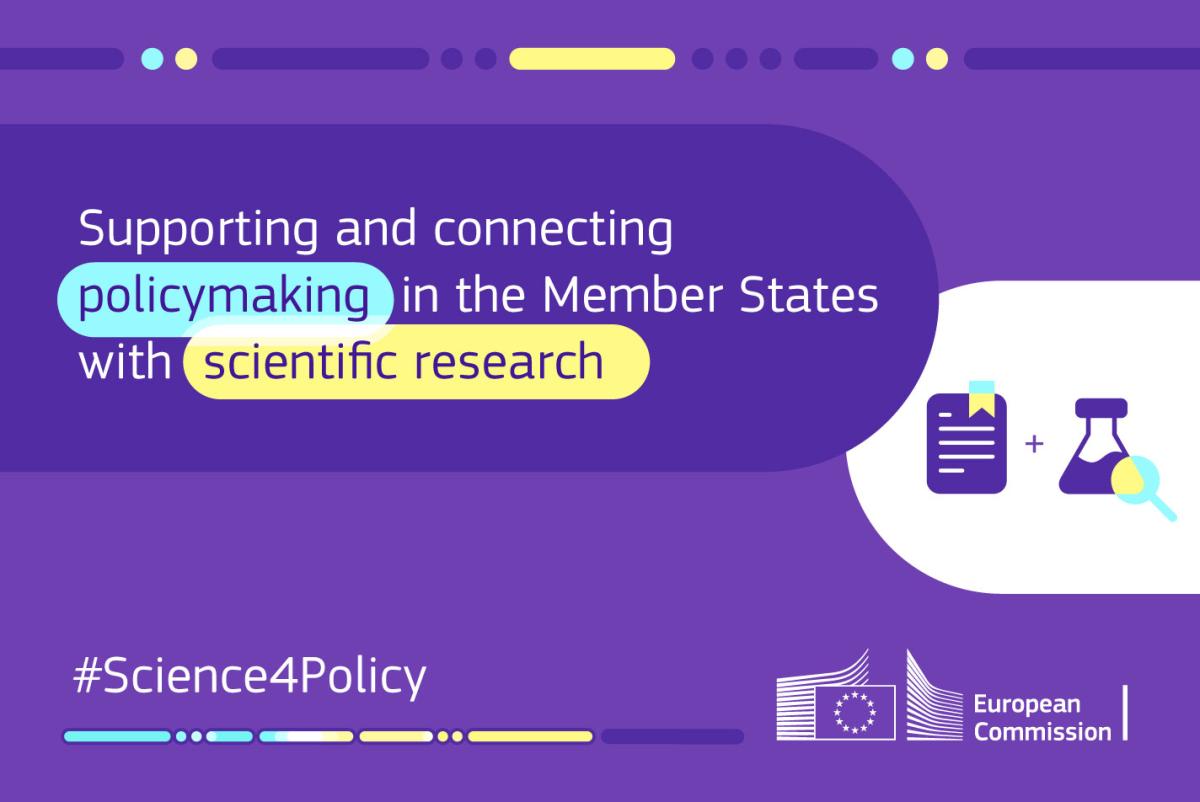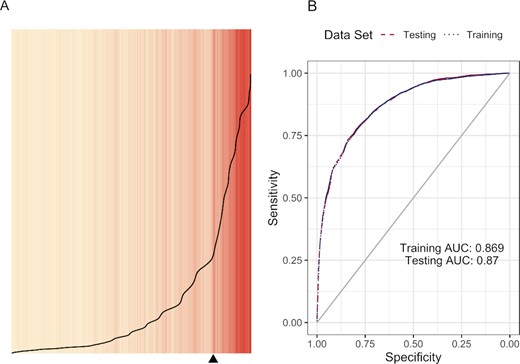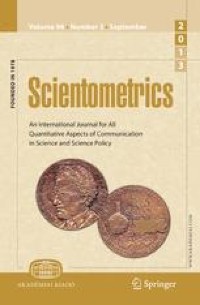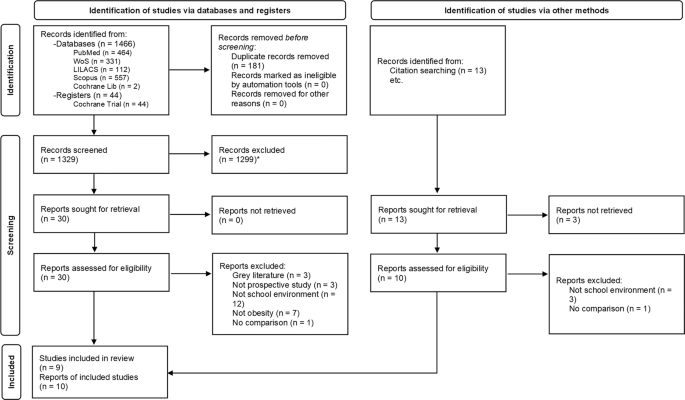The rapid rise in obesity rates among school children in Latin America and the Caribbean (LAC) could have a direct impact on the region's physical and mental health, disability, and mortality. This review presents the available interventions likely to reduce, mitigate and/or prevent obesity among school children in LAC by modifying the food and built environments within and around schools. Two independent reviewers searched five databases: MEDLINE, Web of Science, Cochrane Library, Scopus and Latin American and Caribbean Health Sciences Literature for peer-reviewed literature published from 1 January 2000 to September 2021; searching and screening prospective studies published in English, Spanish and Portuguese. This was followed by data extraction and quality assessment using the Cochrane risk-of-bias tool (RoB 2) and the Risk of Bias in Non-Randomized Studies of Interventions (ROBINS-I), adopting also the PRISMA 2020 guidelines. Due to the heterogeneity of the intervention's characteristics and obesity-related measurements across studies, a narrative synthesis was conducted. A total of 1342 research papers were screened, and 9 studies were included; 4 in Mexico, and 1 each in Argentina, Brazil, Chile, Colombia, and Ecuador. Four studies reported strategies for modifying food provision; four other targeted the built environment, (modifying school premises and providing materials for physical activity); a final study included both food and built environment intervention components. Overall, two studies reported that the intervention was significantly associated with a lower increase over time in BMI/obesity in the intervention against the control group. The remaining studies were non-significant. Data suggest that school environmental interventions, complementing nutritional and physical education can contribute to reduce incremental childhood obesity trends. However, evidence of the extent to which food and built environment components factor into obesogenic environments, within and around school grounds is inconclusive. Insufficient data hindered any urban/rural comparisons. Further school environmental intervention studies to inform policies for preventing/reducing childhood obesity in LAC are needed.
